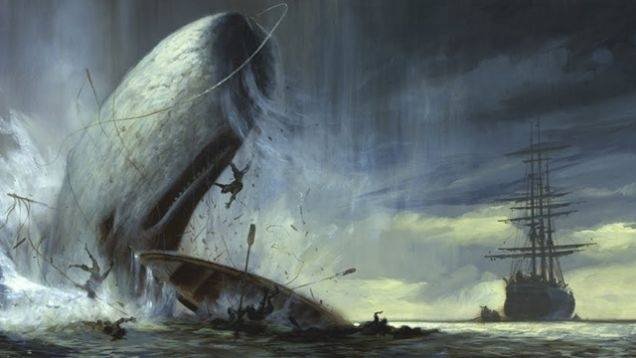unit 5, lyric poetry 2
meeting 1: john donne
Last semester we developed a tripartite system for approaching a poem for the first time: Look at the (1) Speaker and conflict, (2) Shifts and movements, and (3) Devices and interpretations. This is a good plan for organizing your preparation for a poetry analysis.
This unit we’re going to look at poems that might seem a bit harder than the ones we studied in the fall—these are poems with more challenging conceits, with archaic diction and syntax, with more rigid and formal structures and schemes.
So, what are some strategies for dealing with a more difficult poem?
(1) Train your brain to notice repetitions: sound patterns, rhythms, images, rhymes, or ideas. How do these repetitions affect the reader’s impressions of the speaker and the poem’s ideas? Also, take note of when the speaker breaks repetitions; often, these occur at places where the poet packs away something important.
(2) Train your brain to sense tonal shifts, and draw a line to indicate that shift. We covered this last semester, but it cannot be overstated how important it is to notice movements in a poem.
(3) Separate the poem into thoughts, which will be arranged around full stops. Mark where all of the thoughts break and see if you can paraphrase each thought as simply as you can.
(4) Where you see a series of pronouns with unclear referents, draw an arrow to the antecedent to make more clear the subjects and objects of the poem.
(5) Don’t be afraid of thy’s, thou’s, and thine’s. It’s nothing more than the informal second person pronoun. You’re a Crusader; don’t cower.
Let’s practice these with two John Donne poems: “Song: Sweetest love, I do not go” and “The Sun Rising”.
meeting 2: john donne’s metaphysical conceit
Like Ishmael’s prose, John Donne’ poetry draws fame from a phenomenon later termed a metaphysical conceit, in which the speaker of the poem uses a concrete figure for an abstract idea. We’ll look today at one of his more famous conceits in his 1633 poem “The Flea”.
Please remember that during our next class I will collect your creative writing assignment, and you will take the first vocabulary quiz of the term.
meeting 3: vocabulary and sentence composition quiz
meeting 4: Claude McKay, “America”
Here’s the prompt for today:
“Read the poem carefully. Then, in a well-written essay, analyze how McKay uses poetic elements and techniques to paint a complex portrait of America.”
Strong essays
organize around complexity rather than literary element.
open by walking up to the thesis from a distance in a helpful way.
contain a thesis with a three-tired structure (Berkeley-style).
fill each paragraph with multiple strong examples.
transcend mere naming of lit devices by connecting the device to the idea.
arrive at theme.
meeting 5: poetry test
The poetry test consists of 3 poems:
Poem 1: 12 MC (2 points each, 12 minutes)
Poem 2: 8 MC (2 points each, 8 minutes)
Poem 3: Poetry Analysis (60 points, 40 minutes)
due DATES
syllabus
cyclical vocabulary and sentence composition assignment
CURRENT TEXTs TO HAVE DAILY
Moby-dick central
You’re undertaking the reading of the greatest work of American fiction and one of the world’s greatest works of art. It’s a project that’ll span the entirety of the year, completing the reading outside of class and in addition to your other regular assignments. It’s an undertaking to read this novel, to be sure, but it need not be arduous if you’re disciplined.
An undertaking, yes, but that does not mean you should simply set it down and walk away when you hit a tough or a boring chapter. It’s a rewarding book to those who work the hardest and put in the time it requires. This section of the course page provides you the tools you’ll need to work the novel through to its completion.
Here is a handy document you might consider printing and having with you while you read: Allusions in Moby-Dick
You may find it useful to use the audio recordings from The Big Read; each chapter has a special guest reading it. Listening along will help, especially at the beginning. The readers are (mostly) excellent at capturing the tone of each chapter. As you read, seek out and consider the following concepts:
Water meditations and man's attraction to water, Ishmael's curiosity about and tolerance for human motivation, The quest, The nature of God and man, Finding and losing the self (Narcissus), Parallels between land and sea, Civilization and "savagery", cannibalism, Biblical echoes and references: Jonah, Job, Ahab, Elijah, Ishmael, etc., Monomania and madness, the value of religion, the value of community
“There are certain queer times and occasions in this strange mixed affair we call life when a man takes this whole universe for a vast practical joke, though the wit thereof he but dimly discerns, and more than suspects that the joke is at nobody’s expense but his own.”














